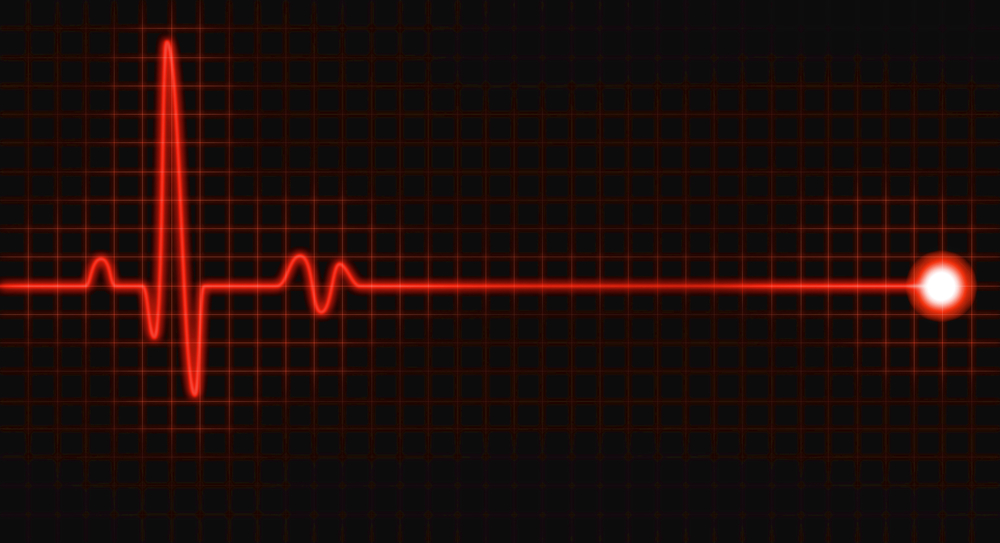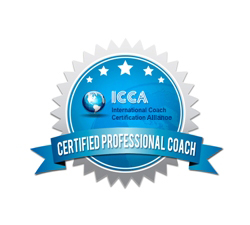Eustress? What's that?
Most of you have never heard of "eustress." Nevertheless, it you struggle with stress, this is an important word for you to know.
Another important word is "distress."
Do you know what the 15th leading cause of death in the United States is?
I'll give you a hint. It's not stress.
Dr. Hans Selye first learned about eustress and distress.
Endocrinologist Hans Selye was one of the first researchers to study stress and the impact it has on your health. He published The Stress of Life in 1954 sharing what he had learned through his research.
Dr.
Selye found that up to a certain level, stress helps you deal with the
challenges you encounter by increasing your strength and energy. He
referred to this helpful stress as "eustress." The word means good
stress.
However, Dr. Selye also found that when the level of stress goes beyond a certain point, the stress becomes harmful, even deadly. He referred to the harmful stress as "distress."
So, you may be thinking that distress is the 15th leading cause of death in the US.
If that's what you are thinking, you are wrong.
Recent research has made an interesting and helpful contribution to our understanding of stress and it's harmful impact on your health.
It has been found that when you are stressed typically...
- your heart rate
increases
- your blood vessels constrict.
The combination of increased heart rate and constriction of your blood vessels causes your blood pressure to increase, damaging your heart.

This is one of the reasons stress becomes harmful or distressful. In fact, for those who experience a lot of stress, this process increases the chances of death 43%.
However, an important exception to this typical (and deadly) process has been discovered.
It only happens when you think of the stress response as being unhealthy or harmful.
If you think of the stress response as being helpful, you still experience the increase in heart rate but you don't experience the constriction in your blood vessels.
The likelihood of death is no longer increased as a result of experiencing a lot of stress. Rather the chances of dying is decreased.
When you believe the stress response is helpful and you are experiencing a lot of stress, your chances of dying is less than that of someone experiencing little stress.
To cope better, change how you think about stress.
This means that you don't have heart attacks and strokes as a result
of stress. Rather, you have heart attacks and strokes as a result of
believing stress is bad for.
The impact of the belief that stress is bad for you is probably responsible for about 20,000 deaths per year in the USA. This makes thinking negative thoughts about stress the 15th leading cause of death.
This also means you can greatly increase your ability to cope with stress in a healthy manner by thinking of your stress response as being "eustress" rather than "distress."
What an easy way to experience stress relief.
Health psychologist, Kelly McGonigal, PhD., explains this research in her very interesting TED Talk. You can find it here.
FREE RESOURCE
The Stress Relief - Life Balance News and Tips newsletter is filled with brief, to-the-point tips, information, resources, special offers, and breaking news to help you make your life less stressful, more balanced, and highly satisfying. If you are stressed-out, you will benefit from this valuable resource.

